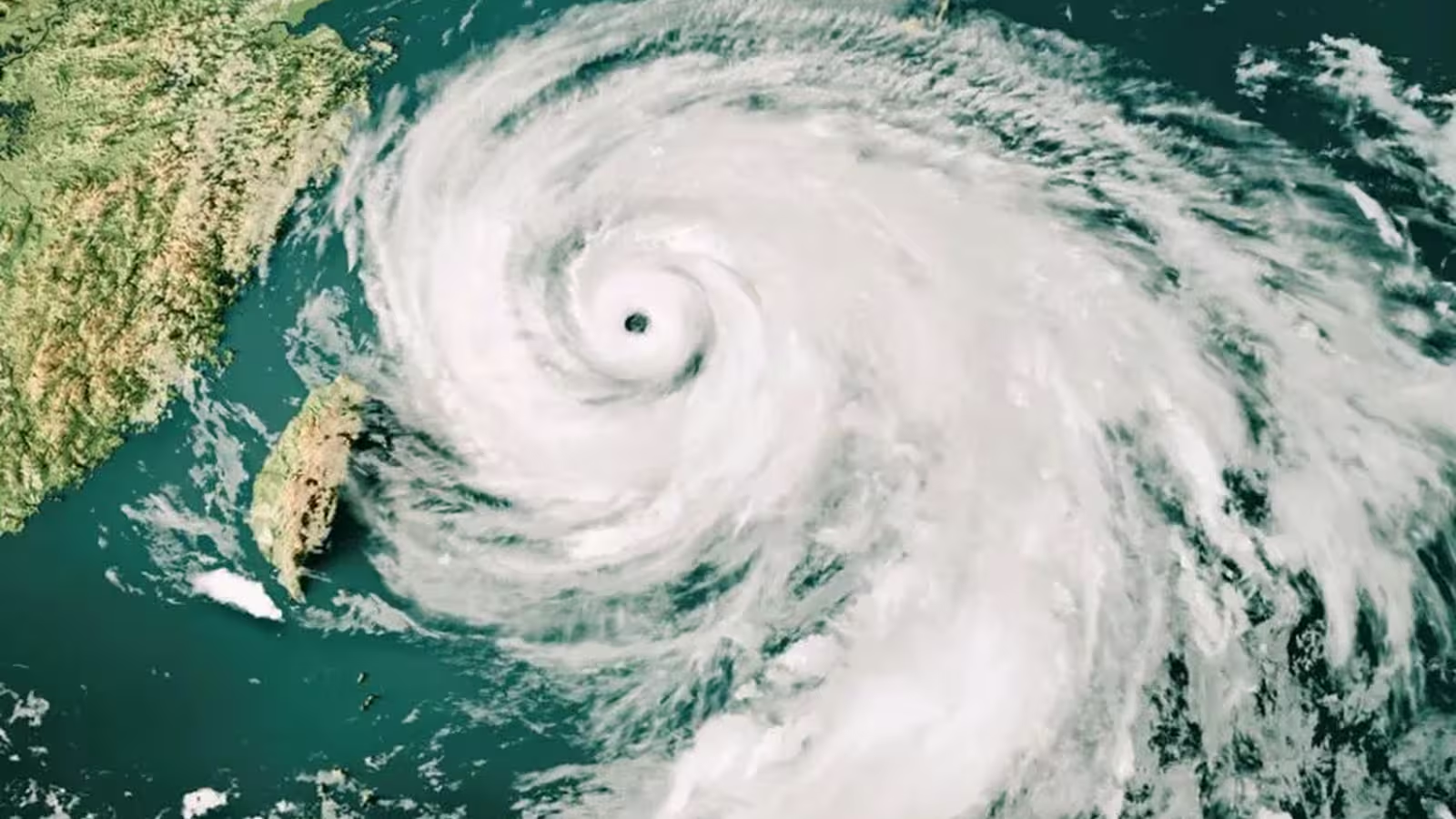3 Minutes
Microsoft Introduces Aurora—Revolutionizing Weather Prediction with Artificial Intelligence
Microsoft has announced the launch of Aurora, a cutting-edge artificial intelligence model engineered to dramatically improve the accuracy and speed of weather forecasting. As unveiled in a recent Nature publication and highlighted in a company blog, Aurora is engineered to predict atmospheric events—including air quality, storms, typhoons, and other severe weather phenomena—with remarkable precision.
How Aurora Outperforms Traditional Weather Forecasting Methods
At the core of Aurora’s advanced capabilities is an extensive training regime powered by over one million hours of meteorological data. Leveraging satellite imagery, radar measurements, data from weather stations, complex simulations, and historical forecasts, Aurora uses deep learning to achieve unrivaled predictive power. This modern approach allows it to learn from vast and dynamic datasets, making it not only faster but also more adaptable than traditional supercomputer-based weather models.
Innovative Features and Customization
Aurora stands out for its flexibility; scientists and developers can continually refine its performance by incorporating new data streams, making it ideal for specialized atmospheric research. Whether it’s for predicting air pollution levels or monitoring the paths of tropical storms, Aurora’s customizability allows for targeted, scenario-specific forecasting with enhanced accuracy.
Comparison with Leading AI Weather Models
While AI-driven weather models are not entirely new—competing solutions like Google DeepMind’s WeatherNext have set previous benchmarks—Microsoft claims Aurora is among the most powerful in its class today. For example, Aurora precisely predicted the landfall of Typhoon Doksuri in the Philippines four days before the event—outperforming some human meteorologists. Additionally, its forecasts for the paths of tropical storms from 2022 to 2023 eclipsed those of the US National Hurricane Center, and it successfully anticipated the major sandstorm in Iraq in 2022.
Unmatched Speed and Open-Source Commitment
One of Aurora’s major advantages is its computational efficiency. While conventional weather prediction systems require hours of processing on supercomputers, Aurora delivers accurate results within seconds. Microsoft has released Aurora’s model weights and source code to the public, fostering open research and collaboration in the atmospheric sciences community. Moreover, a specialized implementation of Aurora is now deployed in the MSN Weather app, providing users with real-time hourly forecasts—including cloud cover predictions and severe weather alerts.
Real-World Impact and Future Market Importance
With climate change amplifying the frequency and severity of extreme weather events, the market demand for reliable forecasting technologies is at an all-time high. Aurora’s successful deployment marks a significant leap forward, empowering meteorologists, researchers, and everyday users with powerful, AI-driven weather insights. As AI continues to transform the digital landscape, Microsoft’s Aurora sets a new precedent in environmental forecasting and digital innovation.


Comments